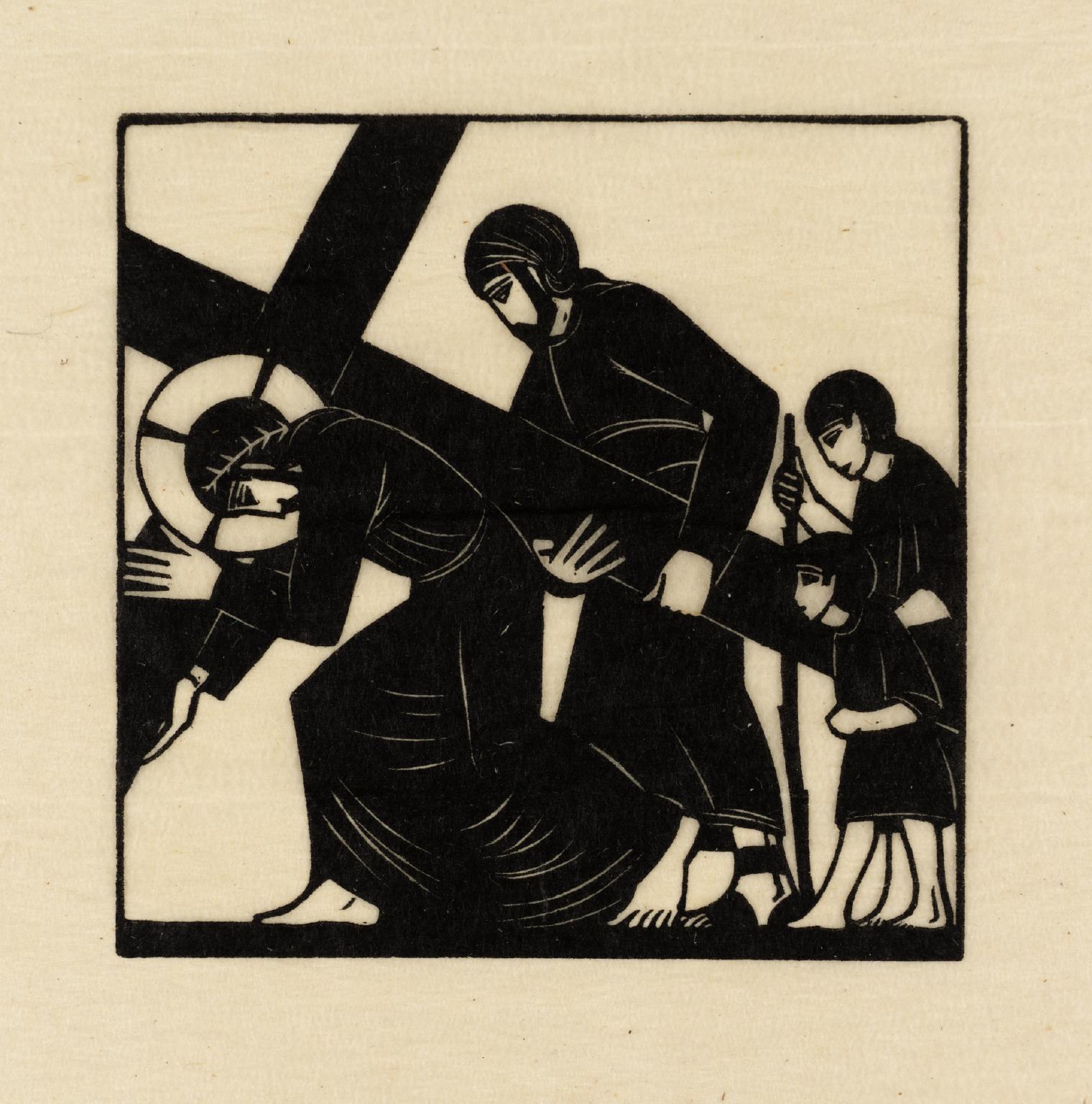Monday
Romans 5.5 “Hope does not disappoint us, because God has poured out his love into our hearts by the Holy Spirit whom he has given us!
The Holy Spirit is God’s giving gift; the Gift that keeps on giving. Faith, hope and love are the foundation pillars of Christian character, and the greatest of these is love. Why? Because it is the divine love poured out upon us and within us, as God’s gift. We love because he first loved us; and we love with the love that is the overflow of the Spirit of God within us. We are conduits of love, channels through whom God’s love flows out in blessing, compassion and life-giving service in Jesus’ name.
Tuesday
Romans 8.1-2 “There is now therefore, no condemnation for those who are in Christ Jesus, because through Christ Jesus the law of the Spirit of life set me free from the law of sin and death.”
The Holy Spirit is the Spirit of life, the vivifying, energising, creative power of God. Paul says elsewhere, “For freedom Christ has set us free.” Here Paul is celebrating the work of the Holy Spirit in setting us free from the guilt and shame of sin, and from the fear of death. The law of the Spirit of life is the truth that, by faith in the faithfulness of Christ on the cross, and in the renewing power of the risen Christ, we are liberated, heart and mind set free to love and serve and worship God.
Wednesday
Romans 8.15-16 “The Spirit you received does not make you slaves, so that you live in fear again; rather, the Spirit you received brought about your adoption to sonship. And by him we cry, “Abba, Father.” The Spirit himself testifies with our spirit that we are God’s children.”
The Spirit is God’s confirmation that we belong to God. When we feel we have failed God or others, or even ourselves, or when life’s harder journeys raise doubts and overshadow our faith, the Holy Spirit is our closest friend and strongest advocate. Yes we hold on in faith and trust, but that’s because we are held on to by the faithful strong Comforter. In our own hearts the Spirit of life, freedom and love reassures us: Yes, no matter what, you are, you absolutely are, God’s children.
Thursday
Romans 8.26 “In the same way, the Spirit helps us in our weakness. We do not know what we ought to pray for, but the Spirit himself intercedes for us with groans that words cannot express.”
The same Spirit who assures us we are God’s children, gives us the language and the capacity and the confidence to pray to the Father. Our stumbling and stuttering are translated into the beautiful and intimate language of worship and devotion. Our inadequate prayers are like light passing through a stained glass window, so that our heart’s desires and our longings for peace and justice and the healing of our world, are transmuted and translated by the Spirit, finding their truest and clearest words.
Friday
Romans 12.11 “Never flag in zeal, be aglow with the Spirit, serve the Lord.” (RSV)
There’s a three point sermon if ever there was one! Give the Holy Spirit freedom, live the life God gives, use generously the gifts God gives. Let the Holy Spirit ignite everything in you that is fuel for service. This is also a three point team talk, Paul the motivator is encouraging believers in Jesus to go out and express themselves with all the talent, energy, experience and positivity of those who know they can win.
Saturday
Romans 14.17 “For the kingdom of God is not a matter of eating and drinking, but of righteousness, peace and joy in the Holy Spirit.”
The Kingdom of God is about all that makes for obedience to the ways of Jesus. Righteousness is a rich cluster of being right with God, seeking justice, making and building peace, and celebrating the goodness and mercies of God with joy in the Holy Spirit. Righteousness, peace and joy are parts of our spiritual barcode, essential identifying marks of Christians in love with Christ. And in that love, serving Him in the power of the Holy Spirit with hearts and hands open towards a God-loved world.
Sunday
Romans 15.13 “May the God of hope fill you with all joy and peace as you trust in him, so that you may overflow with hope by the power of the Holy Spirit.”
We are living through a time when hope comes hard, when there seems to be a deficit of joy, and when peace would be a fine thing if the world could find it! But remember – it was the Spirit of God who brooded over the chaos, and by God’s word brought creation to be. That same Spirit of Life, is the One by whose power Christ was raised from the dead, and yes, that same Spirit pours love and hope into our hearts until they overflow. We are a people called to embody the hope of the Gospel, to enact and proclaim the love of God, to be ‘ministers of reconciliation and Christ’s blessed peacemakers. And all this in the power of the Holy Spirit. Why not try Romans 15.13 as the prayer to regularly start your day? “May the God of hope fill us with all joy and peace as we trust in him, so that we may overflow with hope by the power of the Holy Spirit.” AMEN

